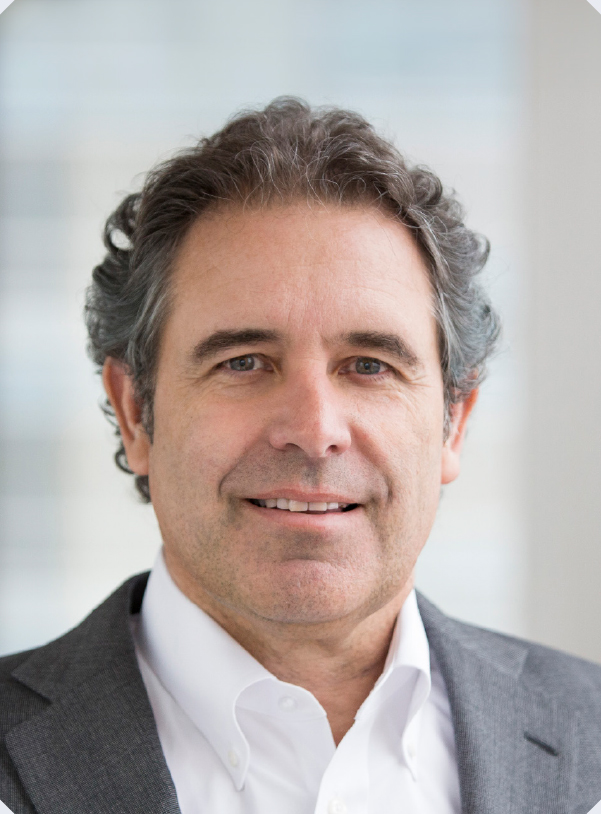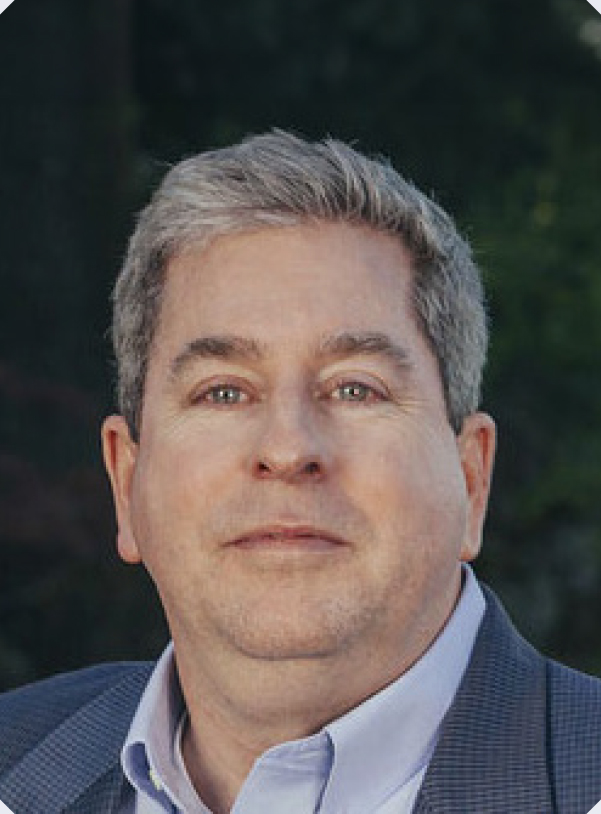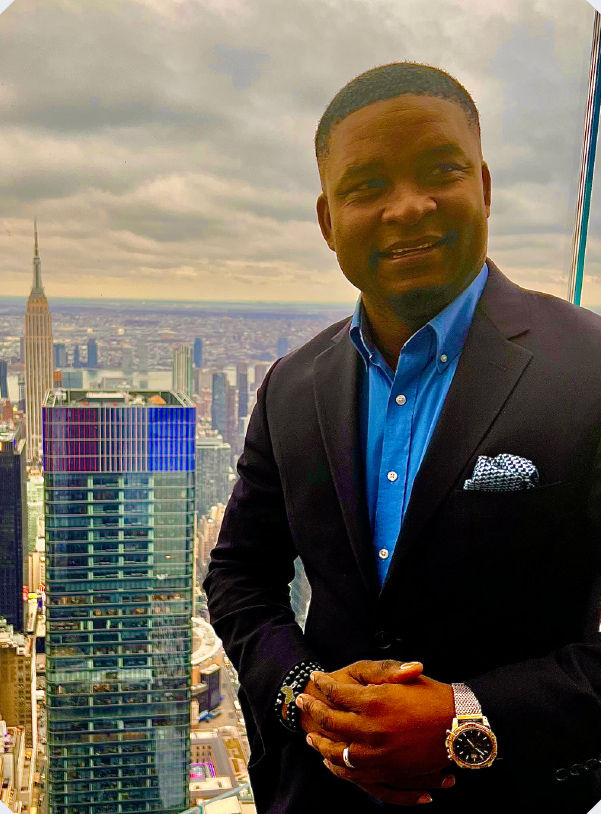
Summit of success

Carrie Dorr ’99
After earning her juris doctor from Wayne Law in 1999, Dorr practiced with such firms as PwC and Dawda, Mann, Mulcahy & Sadler before following the siren call of entrepreneurship. Drawing on her athletic background in soccer and dance, she founded Pure Barre in 2001, opening the first studio in a small space in Birmingham’s 555 Building. She licensed and franchised the group fitness concept, expanding to 100 locations across the United States before selling a majority interest and resigning as CEO of the company, which now boasts more than 600 outposts internationally.
Dorr, meanwhile, has come full circle, focusing her energy on a new business venture: 044Way, a health and wellness concept that centers on a proprietary choreographed workout regimen known as the 044 Method.
“I am knee-deep in the legal action of federal tax deposits, franchise agreements and audits,” said Dorr, who is based in Carmel, California. “Because of my training, I’m better able to understand the documentation and have conversations with attorneys and not be so intimidated by franchising law.”
“The skills that I learned from my law degree, I use as an entrepreneur daily,” said Dorr, noting that her J.D. has equipped her with an incomparable tool as a business owner: “the ability to think about things.”
“I learned to think deeply and innovatively,” she continued. “That set me apart as an entrepreneur and a CEO, and I’m not sure I would have developed them the way I did if I had not gone to Wayne Law.”

Vince Foster ’82
Foster has done that, and then some. In 1997, he established a $15 million private equity fund that has since evolved into Main Street Capital, which manages $6 billion with investments in 200 companies. In the firm’s early days, he focused on consolidation initiatives for a fragmented industry — power — to create Quanta Services, which went public in 1998. Main Street Capital (which itself went public in 2007) did the same thing in another industry with U.S. Concrete, Inc., which completed its IPO in 1999.
“It’s the dream of a lot of company founders to take their company public,” said Foster, who is chairman of Main Street Capital’s Board of Directors. “That’s the ultimate goal of a successful company, and I’ve been able to take, in addition to Main Street Capital, two other companies public that were founded with its money.”
Foster has certainly come a long way from his days working as a CPA and tax advisor in the Renaissance Center, where the Big 8 multinational accounting firms of the time had a presence. While many of his peers pursued business school, Foster set his sights on the Law School, where he was recently inducted into the Wayne Law Alumni Wall of Fame.
After completing his second year of school, though, Foster ran into a problem: his employer transferred him to Houston to work on a trash company that was buying smaller players in the market. Foster continued his law studies as a visiting student at the University of Houston Law Center. But when it came time to graduate, he had exceeded the allowable number of non-resident credits to receive his J.D. from Wayne Law — and he couldn’t get it from Houston, either.
“That’s where Wayne Law really came through for me,” Foster said. “They could have put bureaucracy before student success. But instead, they made an exception and allowed me to graduate with my J.D. anyway.”
A proud alumnus of the Law School’s evening program, the Houston resident marvels at how seamlessly he put the knowledge from his tax classes to work.
“My day job actually involved the material in the cases,” Foster said, “so I was able to practically apply what I was learning, and vice versa.”


Ed Fish ’87
“Engineering school needs an answer; in law school, you could have an opinion,” said Fish. “The law school method was interactive, and it was questioning, and it was awesome to sit in a class and participate and offer hopefully reasoned opinions.”
Here, he joined the Wayne Law Review and developed the critical thinking and problem-solving skills that have been a throughline in a career defined by research and experimental development. As a 30-year-old IP attorney, he opened Weil, Gotshal & Manges’ Silicon Valley office before setting his sights on business, joining Intertrust Technologies as its 13th employee and going on to lead AOL Instant Messenger — a career highlight.
“Software that makes you feel is really significant,” said Fish, a self-described “geek” and early adopter who notably owns one of the first 100 MP3 players produced. “I’ll never forget being online the first time and communicating through IM with people that I knew.”
“I really like working with companies that are at the cutting-edge,” said Fish, citing Zest AI, a financial services software client that factors diversity and inclusion in credit underwriting. “That’s where you learn.”
Now he is eager to share that knowledge to support entrepreneurs in his beloved hometown. Fish is in the process of moving both Tech+IP business headquarters from northern Virginia to Milwaukee Junction to help pay it forward in the city’s rebirth.
“It’s the right time in Detroit; it’s the right time for me,” he said. “I’ve only got three companies left in my body — but three more companies is doable, and I wouldn’t be able to call myself an entrepreneur if I didn’t hit five.”

Zach Pouga Tinhaga ’10
The Cameroon native embarked on three months of training at the English Language Institute before earning his master of laws in corporate and financial law in 2010 — where, he recalled fondly, faculty members went above and beyond to offer guidance.
“I would email my professors in the middle of the night because I was stuck on a case or didn’t understand what I was reading, and believe it or not, a professor would answer my email,” he said, praising Linda Beale, Alan Schenk and the late Peter Henning as those who were instrumental in helping him navigate the transition from a French-based civil law system to the common law system. “Wayne State was critical in grounding me in how law is practiced in this country.”
What’s more, the wide range of cultural backgrounds that Pouga Tinhaga encountered at Wayne Law further opened his eyes. “The people I was interacting with came from Asia, Africa, Europe and the United States,” he said. “Having been exposed to different cultures was a very good introduction to the world I’m in today.”
“It is an inbound aspect for foreign-based corporations coming into the United States and an outbound aspect for U.S. multinationals going internationally,” he said of his work examining tax treaties for clients entering different jurisdictions. “We assist on both sides to make sure they are compliant to their tax obligations and other international agreements.”
It may be a big responsibility, but for the New York resident, it’s a labor of love.
“The practice of law is very demanding, but I like having to deal with different countries, cultures, people around the world on a daily basis,” Pouga Tinhaga said. “I’ve always wanted to be a practicing attorney who is involved on a cross-border basis, so this is living the dream.”
